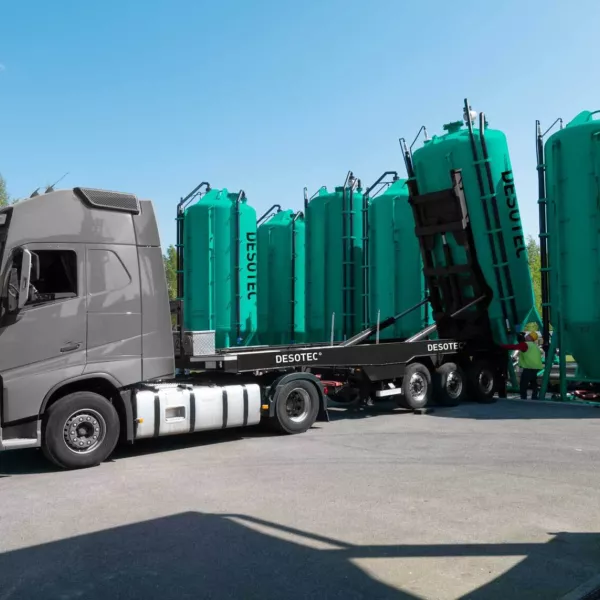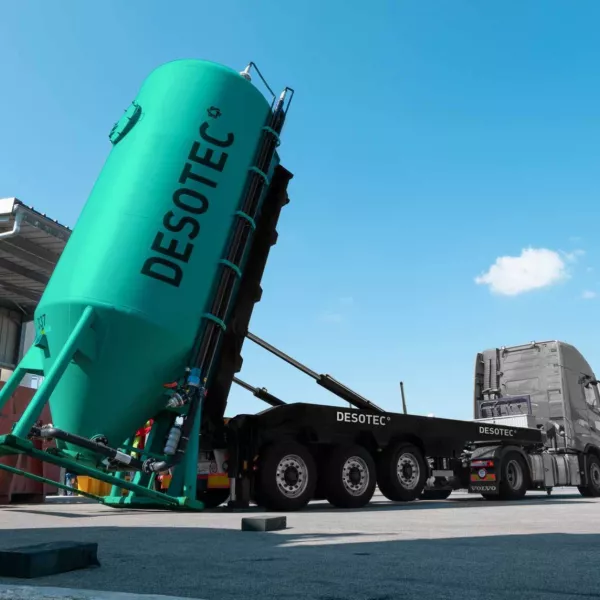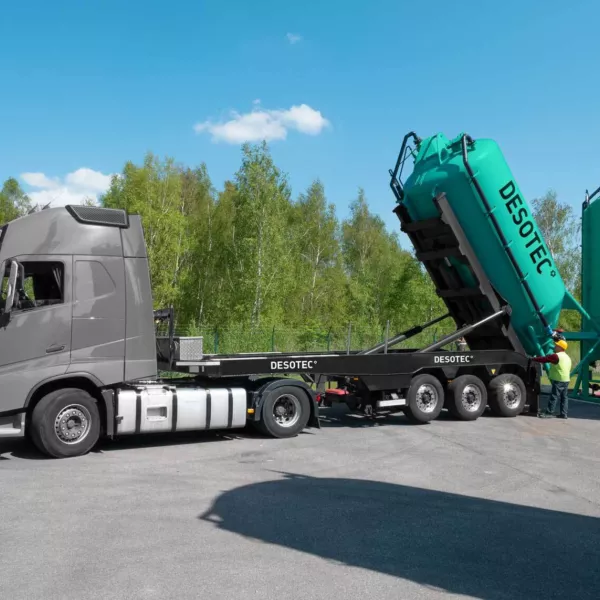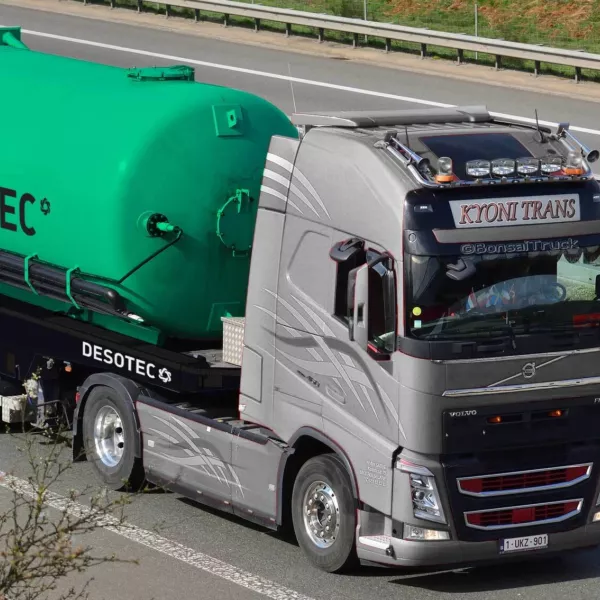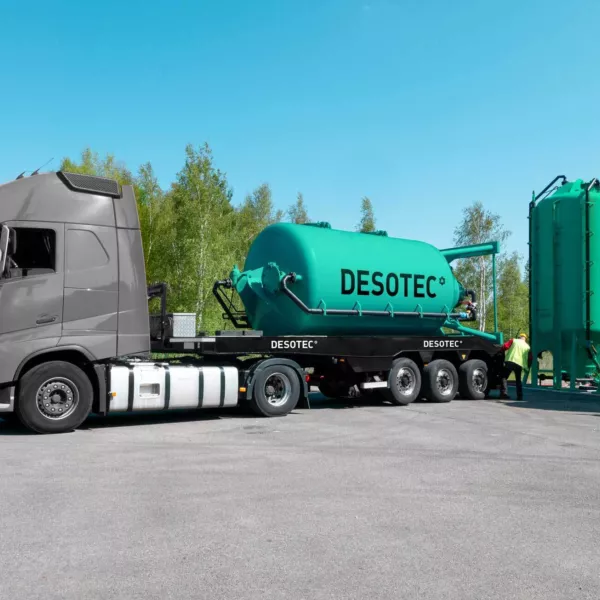O nas
Dlaczego robimy to, co robimy
W Desotec nie tylko mówimy o budowaniu czystszego, bardziej ekologicznego świata dla wszystkich - urzeczywistniamy te cele.
Dzięki naszym unikalnym, zrównoważonym, mobilnym rozwiązaniom filtracyjnym, oczyszczającym ciecze i gazy, jesteśmy zaangażowani w ochronę planety poprzez stymulowanie pozytywnych zmian ekologicznych we wszystkich branżach.
Dążymy do doskonałości, wiedząc, że nasza praca ma znaczenie dziś i dla przyszłych pokoleń.
Zaangażowanie w naszą misję jest podstawą wszystkiego, co robimy i każdego pracownika. Wierzymy we wspólny rozwój i dążenie do tego samego celu. Wszyscy pracownicy Desotec są zjednoczeni w Generacji D, zaangażowani w czynienie świata lepszym miejscem.
Niezawodny partner z niezrównanymi rozwiązaniami
Jesteśmy wiodącym dostawcą mobilnych rozwiązań filtracyjnych w Europie i umacniamy tę pozycję w Stanach Zjednoczonych. Nasza unikalna, elastyczna koncepcja usług w obiegu zamkniętym, wraz z rozległą wiedzą specjalistyczną gromadzoną przez wiele dziesięcioleci, czynią nas godnym zaufania partnerem. Naszą misją jest odciążenie przedsiębiorstw przemysłowych w Europie i Stanach Zjednoczonych i pomaganie im w bardziej zrównoważonym działaniu, aby budować czystszy, bardziej ekologiczny świat dla wszystkich.
Tworzenie czystszego, bardziej ekologicznego świata dla wszystkich poprzez zrównoważone mobilne rozwiązania filtracyjne

Nasze wartości
Praca zespołowa
Razem jesteśmy silniejsi! Szanujemy, wspieramy i inspirujemy się nawzajem, pracując razem w kierunku naszego wspólnego celu.
Doskonałość
Mierzymy wysoko i sięgamy gwiazd! Kierujemy się ambicjami i dążymy do wysokich standardów.
Poświęcenie
Nasze zaangażowanie nie zna granic! Jesteśmy dumni z naszych osiągnięć, chociaż nigdy nie przestajemy się doskonalić!
